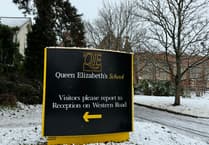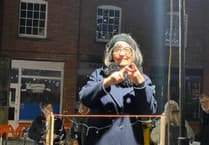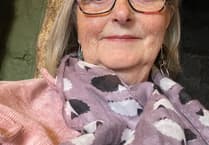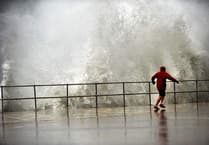Witches and wizards rejoice: the University of Exeter is set to offer a new Master’s degree in magic.
Starting in September 2024, The University of Exeter’s ‘innovative’ MA in Magic and Occult Science will teach the history and impact of witchcraft and magic around the world on society and science.
Academics with expertise in history, literature, philosophy, archaeology, sociology, psychology, drama, and religion will show the role of magic on the West and the East.
Exeter University says it is one of the only postgraduate courses of its kind in the UK to combine the study of the history of magic with such a wide range of other subjects.
Professor Emily Selove, who leads the course, said: ‘This MA will allow people to reexamine the assumption that the West is the place of rationalism and science, while the rest of the world is a place of magic and superstition.
‘Magic and the occult have been and remain an enormous part of Western culture, and it is foolish to deny this or to refuse to take it seriously.
‘Rigorous study of these subjects allow us to reexamine the relationship of humans to the natural world and of different human cultures to one another.
'By housing this degree in the Institute of Arab and Islamic Studies, we acknowledge the profound debt of Western culture and science to the Arabo-Islamic world, a history that has been erased in creating our false picture of the West as uniquely rational.'
Students will have the option to take modules on dragons in Western literature and art, the legend of King Arthur, palaeography, Islamic thought, archaeological theory and practice, the depiction of women in the Middle Ages, the book in Medieval and Early Modern Europe, gender, society and culture in Early Modern Europe and the philosophy of Psychedelics.
Students who wish to employ primarily text-based, historical, or social-science methodologies will complete their dissertation while based in the Institute of Arab and Islamic Studies. There is also an option for students to use primarily performative and practice-based methodologies and they can complete their dissertation while based in the Drama department.
Professor Selove added: 'A recent surge in interest in magic and the occult inside and outside of academia lies at the heart of the most urgent questions of our society. Decolonisation, the exploration of alternative epistemologies, feminism, and anti-racism are at the core of this programme.'





Comments
This article has no comments yet. Be the first to leave a comment.